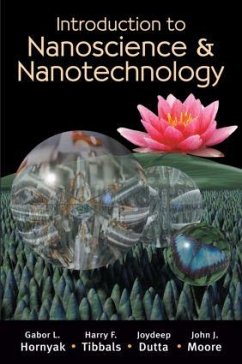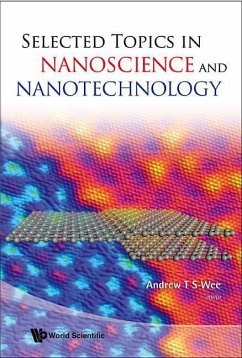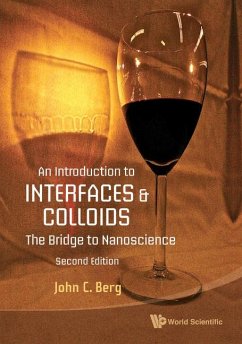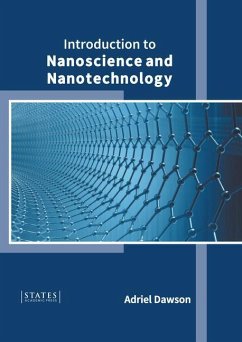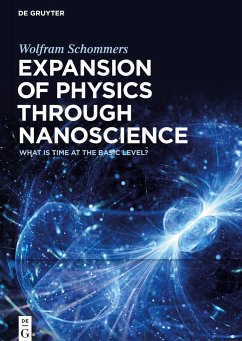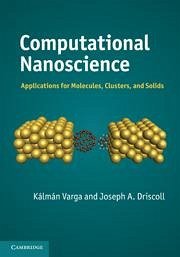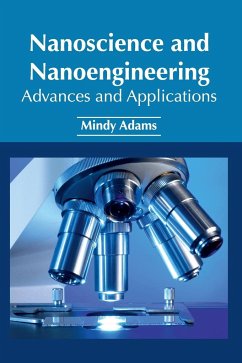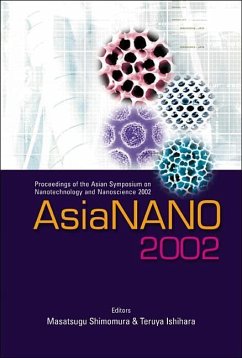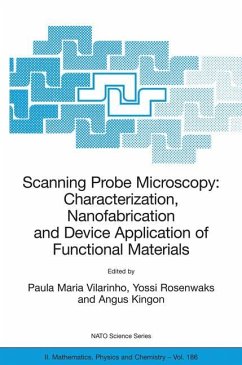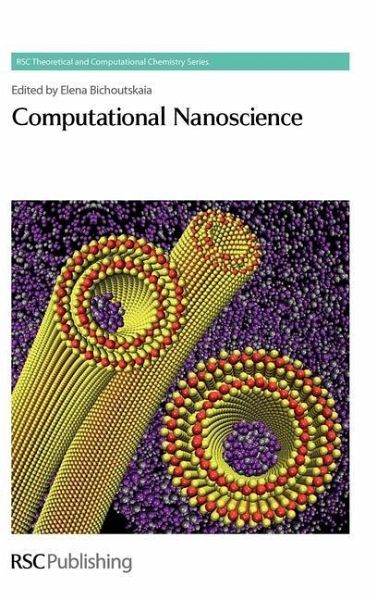
Computational Nanoscience
Versandkostenfrei!
Versandfertig in über 4 Wochen
172,99 €
inkl. MwSt.

PAYBACK Punkte
86 °P sammeln!
Nanoscience is one of the most exciting scientific disciplines as it is concerned with materials and systems, which exhibit novel and significantly improved physical, chemical and biological properties due to their small nanoscale size. It stretches across the whole spectrum of modern science including medicine and health, physics, engineering and chemistry. Providing a deep understanding of the behaviour of matter at the scale of individual atoms and molecules, it takes a crucial step towards future applications of nanotechnology. The remarkable improvements in both theoretical methods and co...
Nanoscience is one of the most exciting scientific disciplines as it is concerned with materials and systems, which exhibit novel and significantly improved physical, chemical and biological properties due to their small nanoscale size. It stretches across the whole spectrum of modern science including medicine and health, physics, engineering and chemistry. Providing a deep understanding of the behaviour of matter at the scale of individual atoms and molecules, it takes a crucial step towards future applications of nanotechnology. The remarkable improvements in both theoretical methods and computational techniques make it possible for computational nanoscience to achieve a new level of accuracy. Computational nanoscience is now a discipline capable of leading and guiding experimental efforts. Computational Nanoscience addresses modern challenges in computational science, within the context of the rapidly evolving field of nanotechnology. It satisfies the need for a comprehensive, yet concise and up-to-date, survey of new developments and applications presented by the world's leading academics. It documents major, recent advances in scientific computation, mathematical models and theory development that specifically target the applications in nanotechnology. Suitable for theoreticians, experimental researchers and students, the book shows readers what computational nanoscience can achieve, and how it may be applied in their own work. The twelve chapters cover topics including the concepts behind recent breakthroughs in nanoscience, the development of cutting edge simulation tools, and the variety of new applications.





